
The Geopost
Impartial & independent news website covering the Western Balkans.
Analysis
12.04.2025
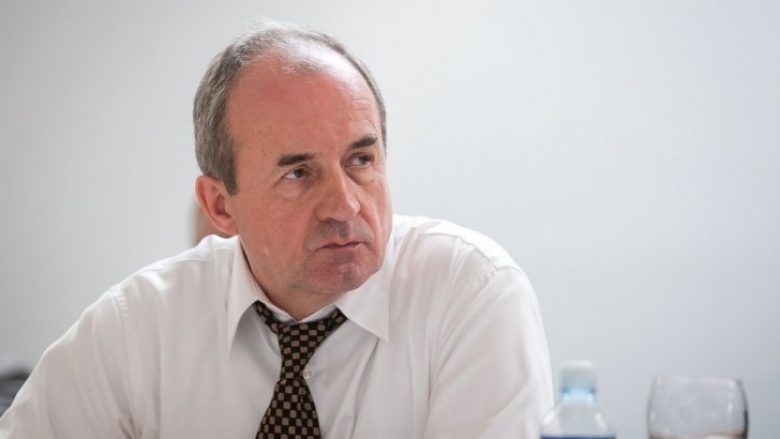
Bugajski for The Geopost: The United States can profit from a dissolving Russia
President Donald Trump has claimed that the United States would benefit greatly from acquiring Greenland and Canada. However, a much more significant strategic prize would be to establish American protectorates over the vast Arctic and Pacific territories that will emerge from Russian occupation...

The Jamestown Foundation
Global research and analysis
Analysis
04.04.2025
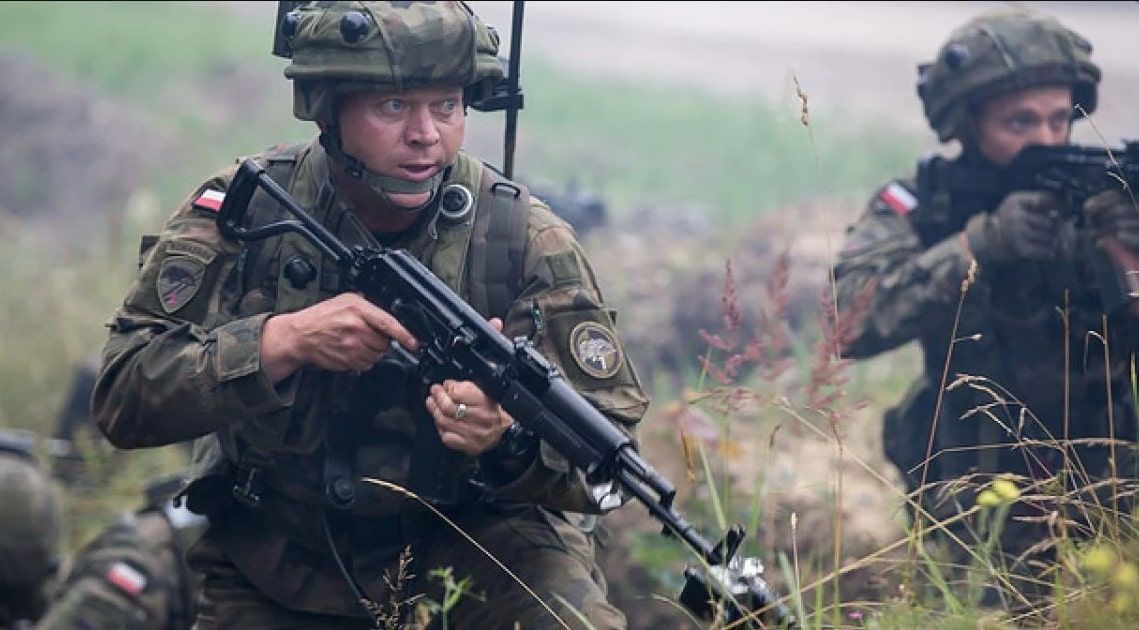
Poland Prepares for Direct War with Russia
Poland has been reinvigorating its military preparations for a potential war with Russia since Russia’s full-scale invasion of Ukraine began in February 2022. Warsaw is bolstering its defenses in anticipation of the growing likelihood of direct armed conflict with its perennial historical rival, given the uncertainties surrounding U.S. President Donald Trump’s attempts to broker peace between Moscow and Kyiv, as well as the prospect of Russia consolidating its territorial gains in Ukraine...

The Jamestown Foundation
Global research and analysis
Analysis
19.02.2025
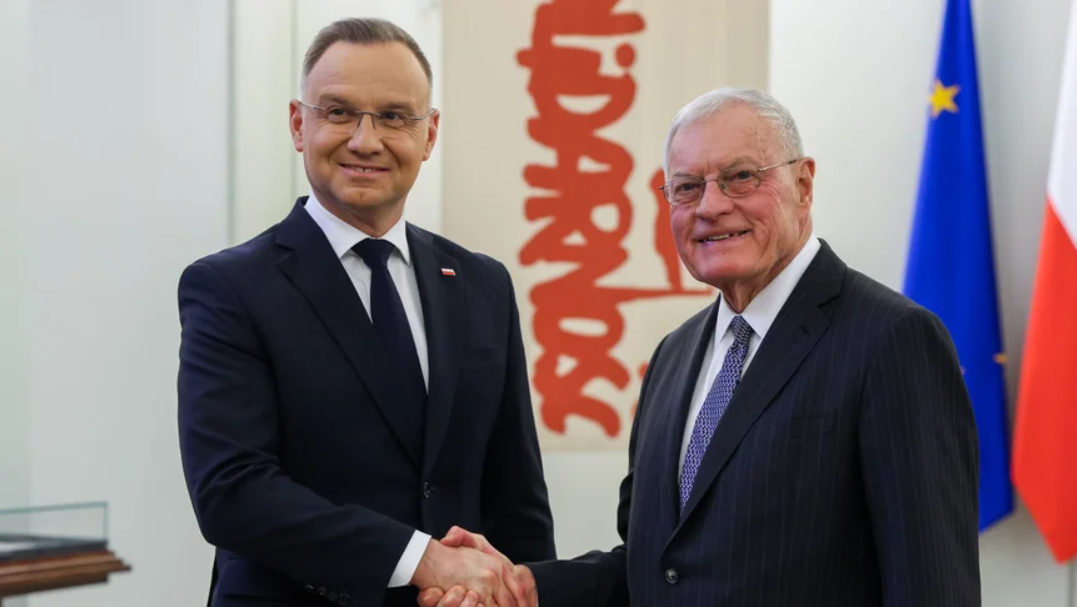
Poland Caught in the Middle of Diplomatic Maneuvers Affecting European Defense and Security
Poland has recently been caught in the middle of intense diplomatic maneuvers affecting European defense and security. As the largest front-line state facing Russia, Poland is navigating to maintain the unity of the North Atlantic Treaty Organization (NATO) while engaging in discussions over a European defense structure without the United States...

The Jamestown Foundation
Global research and analysis
Analysis
14.01.2025
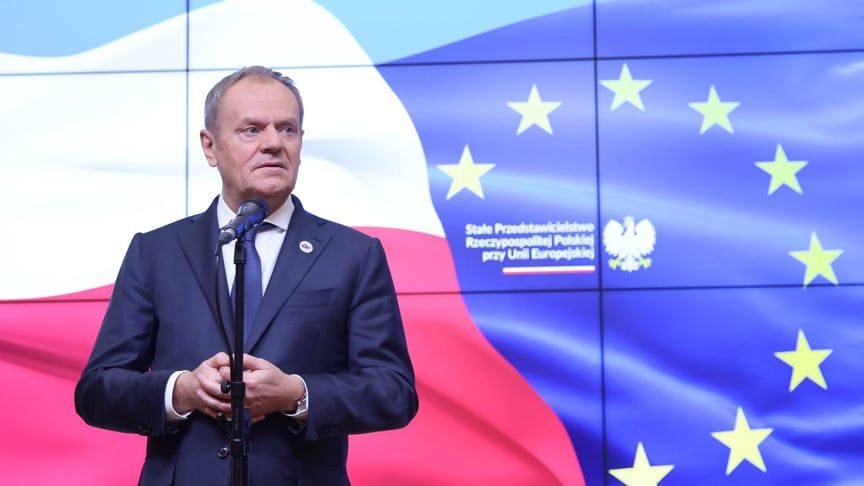
Poland Seeks More Effective Regional Formats as the Visegrád Group Fractures
On January 1, Poland took over the presidency of the Council of the European Union for six months. Its stated priorities are to strengthen all dimensions of European security, including boosting military capabilities, supporting Ukraine in its defense against Russian aggression, reinforcing EU borders, combating the “instrumentalization of migration,” and resisting foreign interference and disinformation...

Washington Examiner
Breaking news and analysis on politics
Analysis
06.12.2024
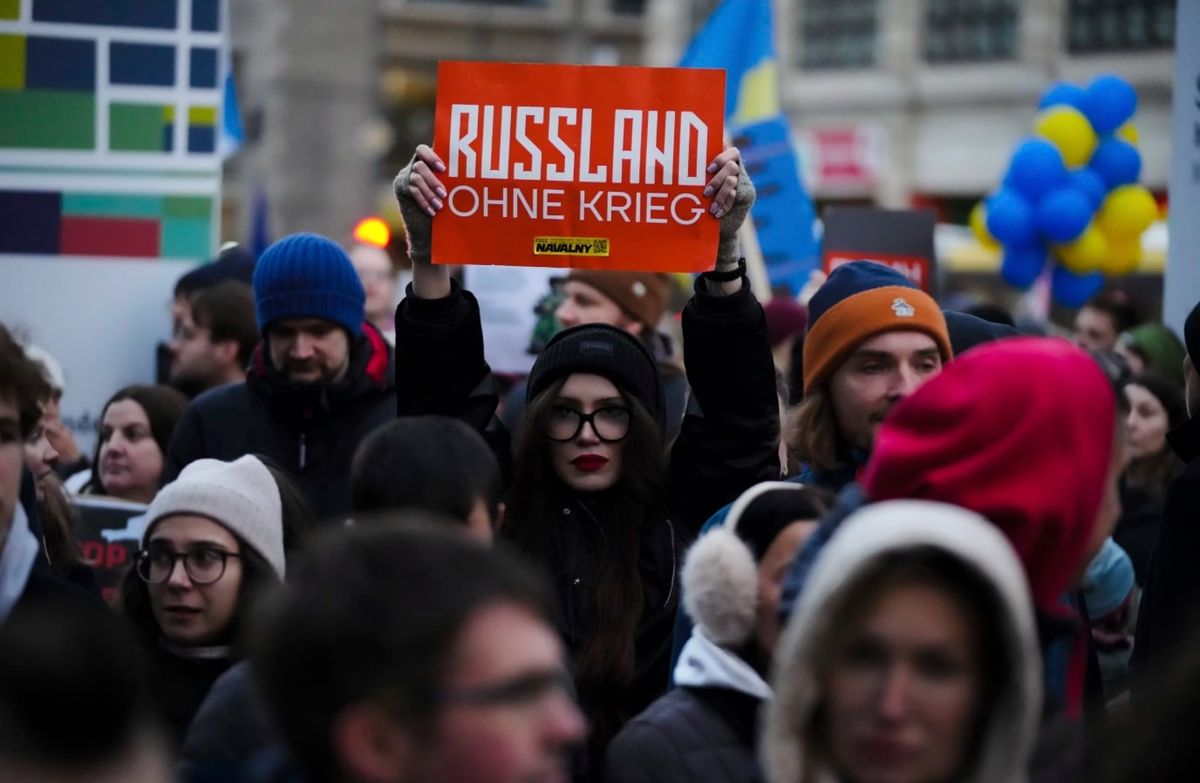
Russia is losing internationally and domestically
The brewing popular revolution in Georgia and the probable fall of the Assad regime in Syria demonstrate that Russia is losing its few allies and proxies. In both cases, Moscow has failed to ensure that the current regimes will survive despite years of military and propaganda assistance. And the future looks even bleaker, as Russia itself stands on the verge of an economic meltdown...

The Jamestown Foundation
Global research and analysis
Analysis
13.05.2024
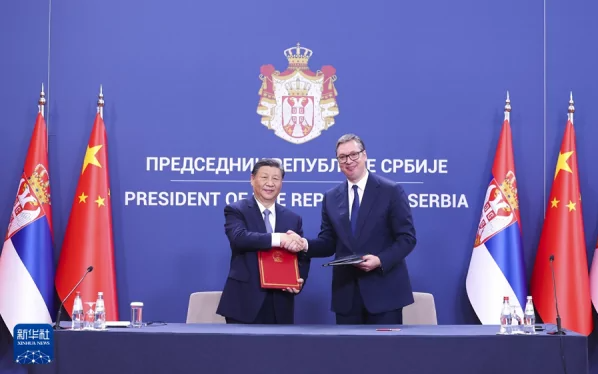
Serbia Bolsters Connections With Russia and China
The new Serbian government was sworn in on May 2. Its composition demonstrates Belgrade’s commitment to tighter ties with Moscow and Beijing. Although the parliamentary elections were held in December 2023 (Ministry of Foreign Affairs, Serbia, December 25, 2023), massive street protests against election fraud and international condemnation of voting irregularities delayed the formation of the new administration (European Parliament, February 8, 2024)...

The Jamestown Foundation
Global research and analysis
Analysis
05.02.2024
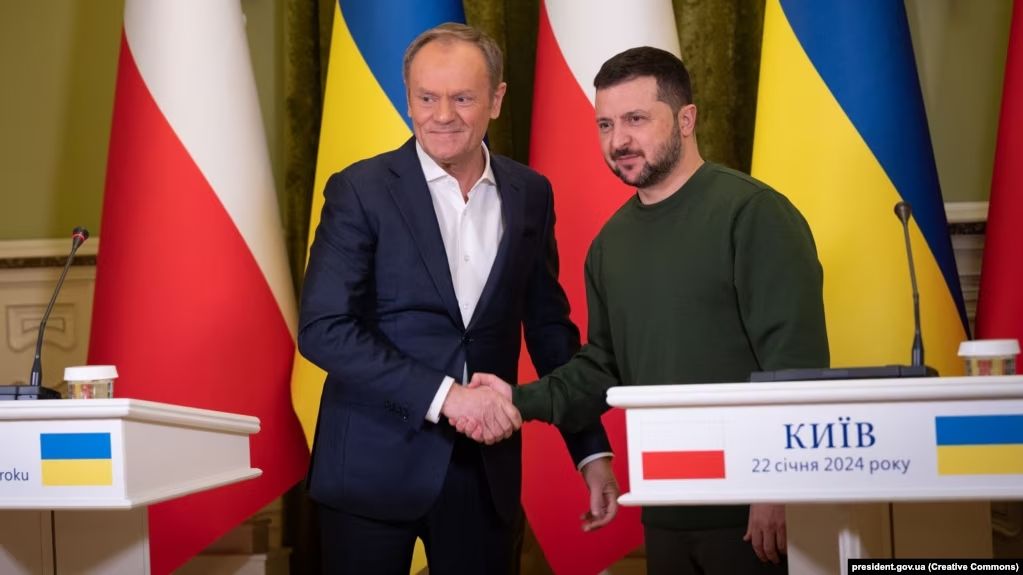
New Polish Government Bolsters Relations with Ukraine
In his first foreign trip following the formation of the new Polish government, Prime Minister Donald Tusk visited Kyiv on January 22 to reaffirm that Ukraine remains Warsaw’s overarching security priority (Rzeczpospolita, January 23). His meetings with President Volodymyr Zelenskyy and the Ukrainian government were intended to demonstrate that relations between Warsaw and Kyiv were emerging from a downswing in the latter part of 2023 when Poland was embroiled in general elections and government formation...

The Jamestown Foundation
Global research and analysis
Analysis
19.01.2024
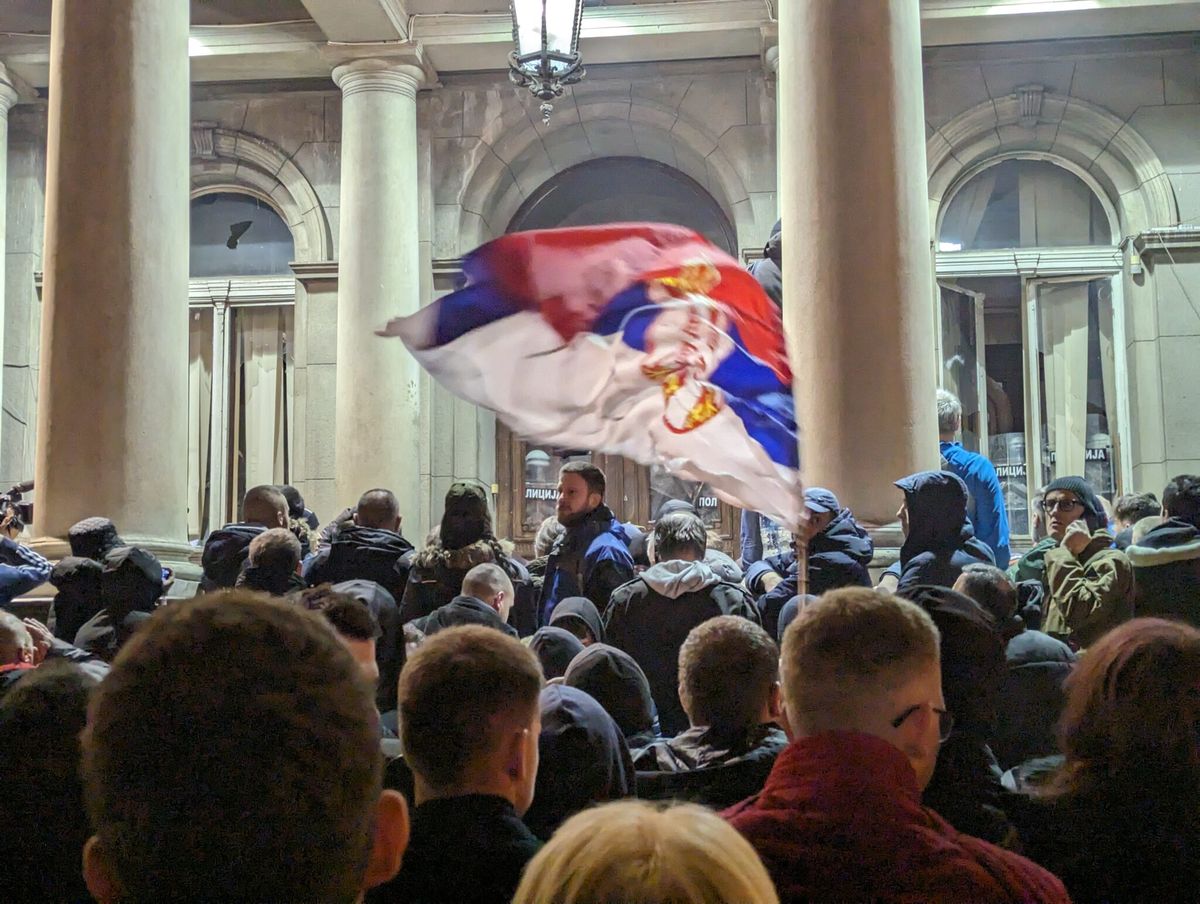
Moscow Defends Serbia’s Government Against Opposition Protests
Since the widely criticized parliamentary elections on December 17, 2023, mass demonstrations in Belgrade have revealed substantial opposition to the ruling Progressive Party and the increasingly authoritarian rule of President Aleksandr Vučić. The protests, led by the Serbia Against Violence coalition, have also exposed Moscow’s fear of losing Serbia as its key ally in the Balkans (Srbija Protiv Nasilja, December 17, 2023)...

CEPA
The Center for European Policy Analysis
Analysis
18.05.2020

Ethnic Echoes
In the midst of the pandemic and economic slump, Europe faces growing ethnic and regional divisions. As societies become increasingly frustrated and impoverished, in-group self-defense and out-group aggression is escalating. Such conflicts can assume several forms, from anti-immigrant xenophobia and minority scapegoating to inter-regional and inter-state disputes...

CEPA
The Center for European Policy Analysis
Analysis
04.05.2020
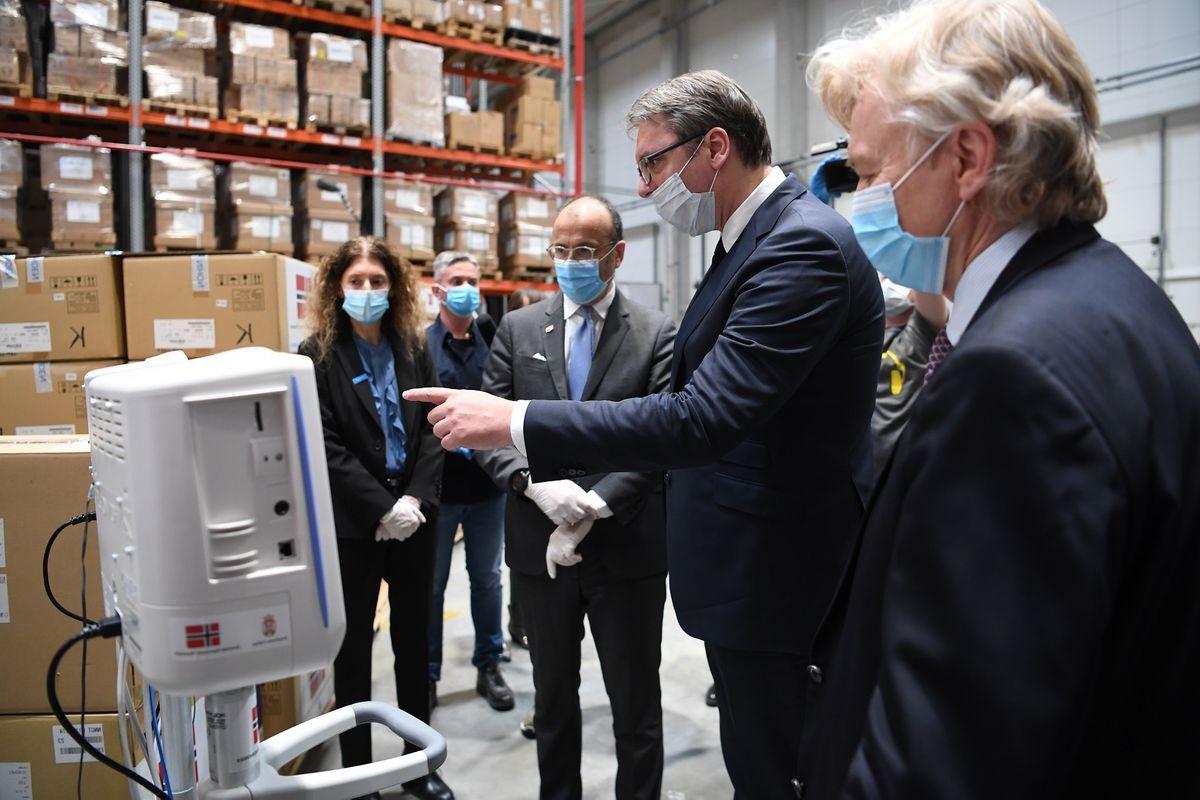
Balkan Grit
The Pandemic Has Hit South-Eastern Europe Hard but Opportunities Beckon. In poor regions like the Balkans, the economic impact of the pandemic will be far-reaching and acutely test social resilience. However, it will also provide opportunities for self-reliance and resourcefulness that could benefit Europe more widely. The International Monetary Fund (IMF) and the European Bank for Reconstruction and Development (EBRD) calculate that the economic contraction in the Balkans will range between 3% and 10%...

CEPA
The Center for European Policy Analysis
Analysis
10.04.2020
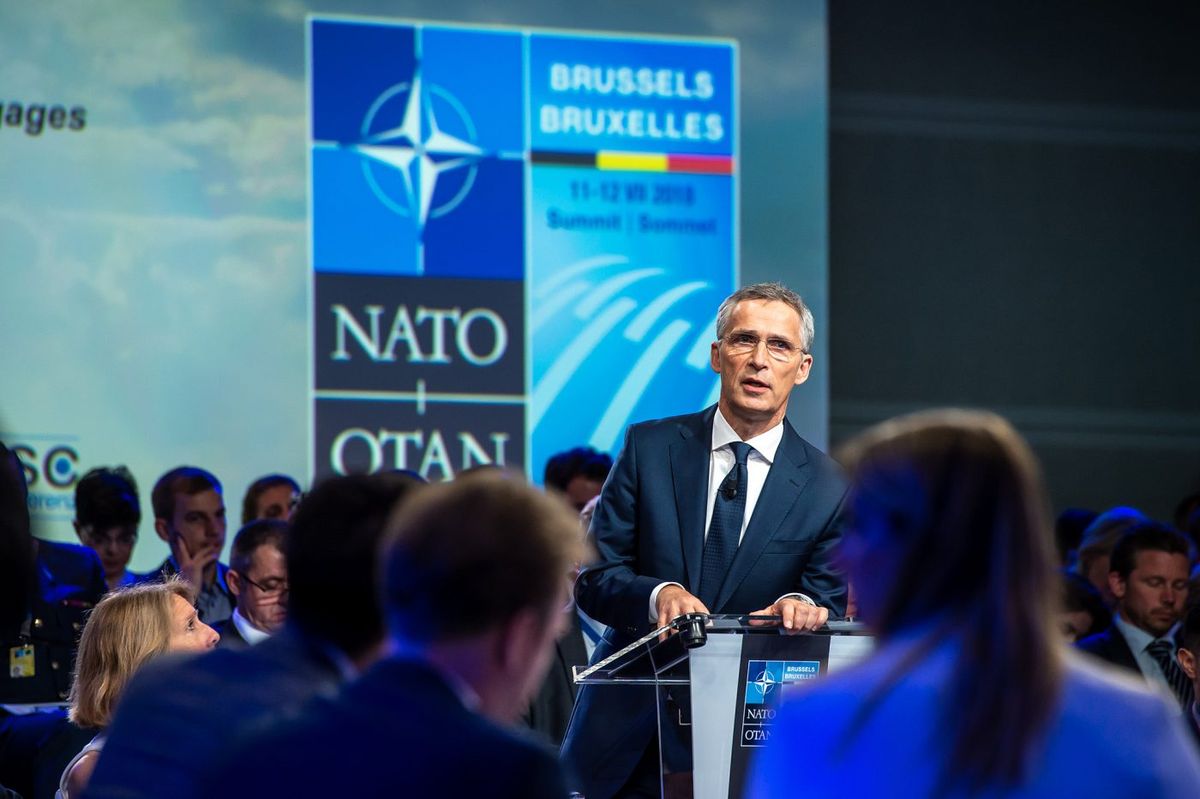
Mind the Gap
It is too early to forecast the long-term impact of the pandemic on Atlanticism but not too soon to pose some pertinent questions.
And Don’t Succumb to Transatlantic Fever. It is too early to forecast the long-term impact of the pandemic on Atlanticism but not too soon to pose some pertinent questions. Amid havoc and uncertainty it may seem rational to predict the collapse of existing international arrangements...

CEPA
The Center for European Policy Analysis
Analysis
30.03.2020
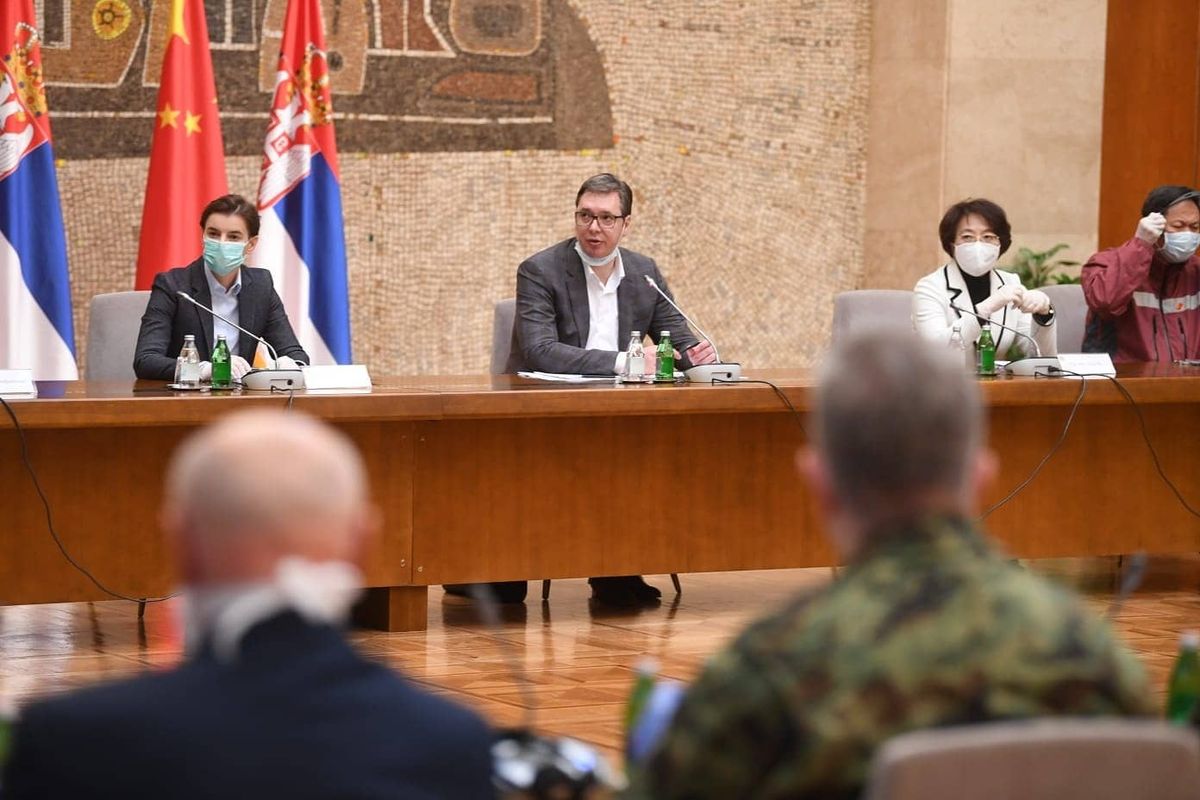
A Plague on All Their Houses
Balkan Politicians Are Exploiting the Pandemic for Political Purposes. The coronavirus spares nobody, but poorer regions with inadequate healthcare systems and deficient emergency planning will be most affected in the long term. That makes the Balkans look particularly vulnerable. Though by the end of March only 6,000 infections and over 120 virus-related deaths have been recorded in South Eastern Europe, the pandemic is projected to accelerate...